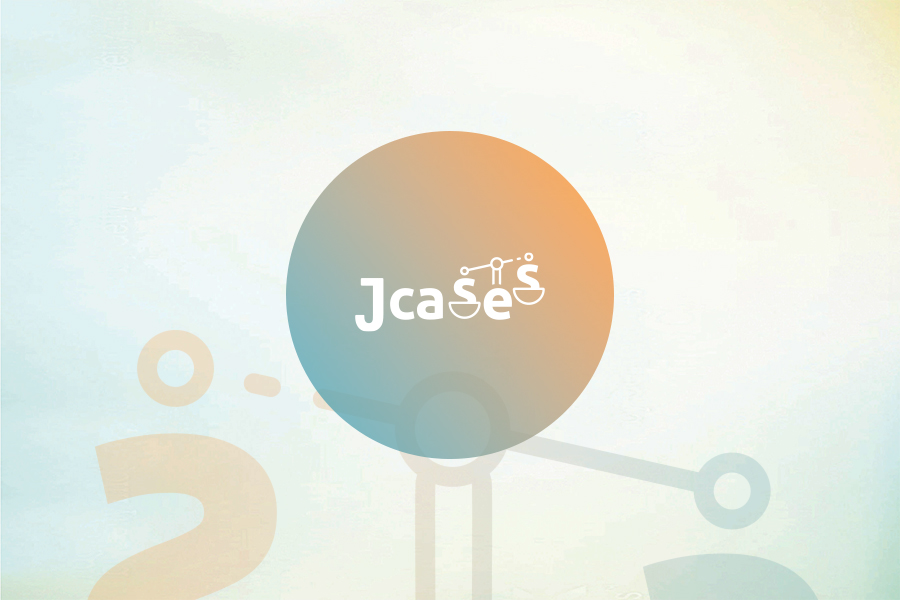Patent law does not find much resonance in popular culture.
Yet this is the tour de force of the scriptwriters of a new Korean TV series "Extraordinary Attorney Woo", broadcast on Netflix in France, telling the story of Woo Young-woo, a brilliant lawyer working in a renowned Korean law firm.
It is not entirely surprising that this topic is addressed in a Korean series. South Korea is known to be home to many innovation players such as Samsung, LG and Hyundai. This highlights the importance of patent protection for companies seeking to thrive in an innovation-driven economy.
Episode 5, named "Wild Card VS Tactician", therefore offers a rare opportunity to put patent law in the spotlight, against the backdrop of a patent infringement lawsuit brought by an ATM manufacturer against its main competitor.
Despite some notable differences from our practice in Europe, the scenario has the merit of addressing three recurring issues that we encounter in a patent infringement trial:
- the assessment of infringement,
- the question of the validity of the patent invoked, and
- the competitive advantage conferred by a patent.
On infringement question
In this episode, the patent holder seeks to demonstrate that the competing product reproduces the technical characteristics protected by its patent.
The analysis here is brief, for the sake of understanding.
In practice, the claims of a patent define the limits of the protection afforded to the patent owner by setting out the essential characteristics of the invention.
Thus, to determine whether there has been an infringement, it is important to carefully analyse the allegedly infringing subject matter in the light of the claims of the patent relied upon.
For this reason and to limit the legal risk, it may be advisable to conduct a freedom to operate study with an IP attorney in order to assess beforehand whether a project is likely to infringe the claims of a patent held by a third party.
On the question of patentability
In defence, the alleged infringer invokes the invalidity of the patent for lack of novelty.
This criteria of novelty is well known to patent owners. Indeed, it is essential that the invention is not already known in the state of the art.
This state of the art includes any technical teaching that has been made public before the filing date of the patent under examination, whether by written or oral description, by use, marketing or in any other way.
More generally, because of this novelty requirement, the inventor, his/her colleagues and partners must ensure that the invention is kept secret until the patent application has been filed.
Non-confidential disclosure of the invention may destroy the novelty of the invention and thereby jeopardise any subsequent patent application.
If it is necessary to disclose the invention to third parties before a patent application is filed, for example in order to obtain technical assistance or financial support, such disclosure should be made under a non-disclosure agreement.
It may then be advisable to approach one's patent attorney to avoid any legal risk that could lead to a disclosure that is destructive of novelty.
On the dissuasive power of patents
This episode also has the interest of pointing out the dissuasive power of patents.
By holding a patent, the holder obtains a temporary monopoly on the exploitation of his/her invention, thus giving him a competitive advantage.
In addition, the patent also has a deterrent effect on competitors, who may be afraid to exploit an invention that may infringe the patent's monopoly and face legal action.
If you are faced with a patent infringement situation, it is crucial to call on an experienced IP law firm to defend your interests. Our patent attorneys have a proven track record in infringement litigation. We can help you to assess the validity of your patent, to determine whether your patent is allegedly infringed. We are thus at your disposal to assist you in protecting your intellectual property and defending your rights.



